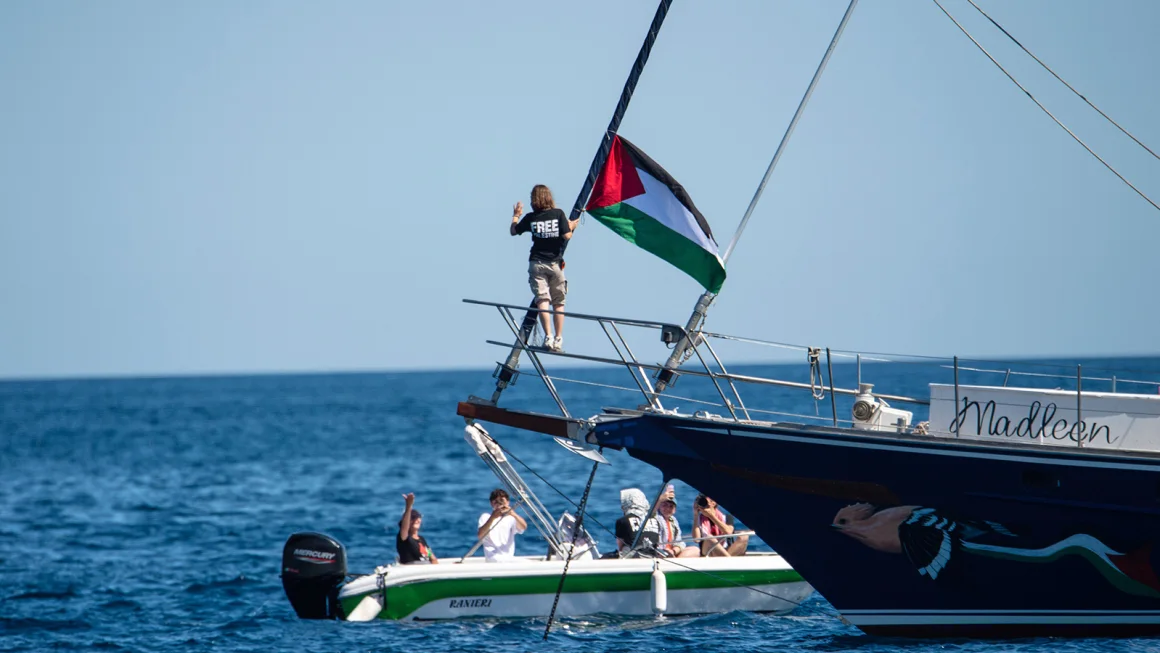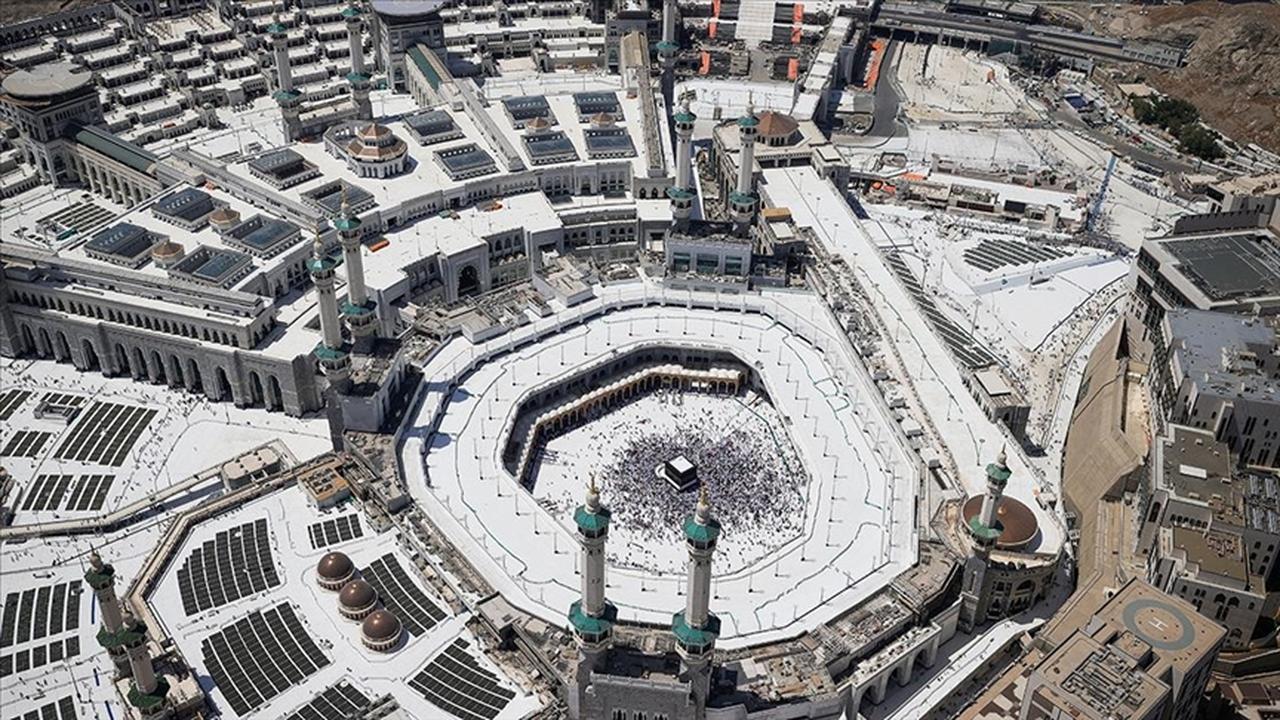Israel has vowed to prevent a humanitarian flotilla led by climate activist Greta Thunberg from reaching the Gaza Strip, declaring that the group’s attempt to break the naval blockade will not be allowed to succeed. The move comes amid rising international attention on the deteriorating humanitarian crisis in Gaza and growing calls for an end to the Israeli siege.
The flotilla, organized by the Freedom Flotilla Coalition, set sail from Europe with more than 30 activists and humanitarian aid supplies, including food and medical equipment. The group’s mission, titled “Break the Siege,” aims to deliver assistance directly to Gaza and draw global attention to what organizers call Israel’s unlawful and inhumane blockade.
Greta Thunberg, one of the most recognizable figures in global climate activism, joined the mission as a gesture of solidarity with Palestinians and a call for environmental justice in conflict zones. In a statement released prior to departure, Thunberg said, “We cannot remain silent while people are starved, bombed, and denied their basic rights.”
Israeli authorities have declared that the vessel will not be allowed to reach the shores of Gaza. An Israeli military spokesperson said the flotilla represents a “provocation” and accused the organizers of attempting to undermine Israel’s security under the guise of humanitarian aid. “Any unauthorized vessel attempting to violate the naval blockade will be intercepted in accordance with international law,” the spokesperson stated.
Israel maintains that its naval blockade is a legitimate security measure aimed at preventing weapons from reaching Hamas and other militant groups. However, rights organizations and UN experts have repeatedly condemned the blockade, calling it collective punishment and a breach of international law.
The Israeli Defense Forces (IDF) have reportedly been placed on alert, with naval units prepared to intercept the flotilla if it enters restricted waters. Previous attempts by international activists to break the blockade have ended in confrontation, including the deadly raid on the Mavi Marmara in 2010 that left nine Turkish activists dead and caused a diplomatic crisis.
Despite the risks, organizers of the current flotilla insist that their mission is peaceful and purely humanitarian. “We carry no weapons, only aid and a message of justice,” said one spokesperson for the Freedom Flotilla Coalition. “We call on the international community to ensure our safety and the delivery of aid to those who desperately need it.”
Thunberg’s involvement has drawn global attention, with supporters praising her for expanding her activism to include geopolitical and human rights issues. Critics, however, argue that she is wading into a complex and highly politicized conflict, with some accusing her of taking a one-sided stance.
The Swedish government has acknowledged Thunberg’s participation but said it would not interfere in the actions of a private citizen. Meanwhile, human rights organizations have urged Israel to allow the aid to reach Gaza and to refrain from the use of force against the vessel.
As the ship moves closer to the Eastern Mediterranean, the risk of confrontation increases. The flotilla’s journey is being closely monitored by international observers, and calls for restraint have been issued by both the UN and the European Union.
The standoff highlights the growing intersection of global activism and conflict zones, where figures like Thunberg are lending their platforms to draw attention to humanitarian crises. Whether the Freedom Flotilla will reach its destination—or be stopped at sea—remains to be seen, but the political and symbolic implications of the voyage are already reverberating worldwide.
Source; CNN



